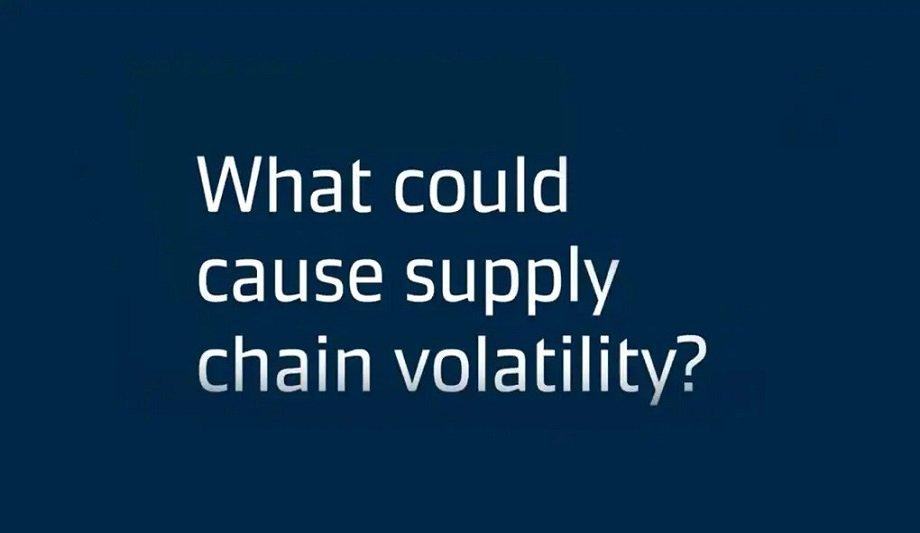In this webinar on ‘Improving inventory availability in a volatile supply chain’ hosted by MIT University and delivered by Dr. Erez Agmoni, Head of Supply Chain Warehousing and Distribution, North America at Maersk, on 7 April 2020, we discussed how Maersk and its customers can ensure their supply chains are kept moving and improving even during volatile times.
Webinar Agenda
- Reasons for supply chain volatility
- How to prepare for supply chain disruptions
- Innovational approaches to improve End-to-End supply chain
- How to reduce safety stock cost
- The role of supply chain professionals now and in the future
- Future-oriented practices companies can adopt during the period of recovery
- What we at Maersk are doing to support our customers during supply chain disruptions.
- Q&A session
About Erez Agmoni
Erez has a broad industry experience of more than 25 years in the supply chain, freight forwarding, logistics
Dr. Erez Agmoni is the Head of Supply Chain Warehousing and Distribution for Maersk America and after many years in Asia and Latin America, he is based in New Jersey, USA.
Erez has a broad industry experience of more than 25 years in the supply chain, freight forwarding, logistics, engineering, and digital innovation which he utilised to develop complex solutions that improve end-to-end supply chains.
Erez is holding a computer engineering bachelor's degree, a telecommunication science master's degree, and a Ph.D. in organisation development.
About Alexis Bateman
Alexis Bateman is a Research Scientist and Director of MIT Sustainable Supply chains. She also serves as a course lead and instructor for the MITx MicroMasters in Supply Chain Management, a pioneering program in digital education reaching 100,000s supply chain professionals around the world.
She has over 15 years of experience in sustainability in the public sector, industry, and academic settings. Her work focuses on supply chain sustainability through research, education, and outreach. She engages closely with industrial partners, public agencies, global governance organisations, and non-governmental organisations.
